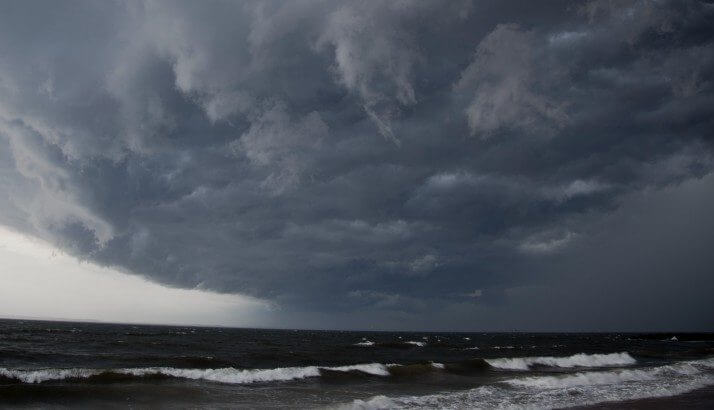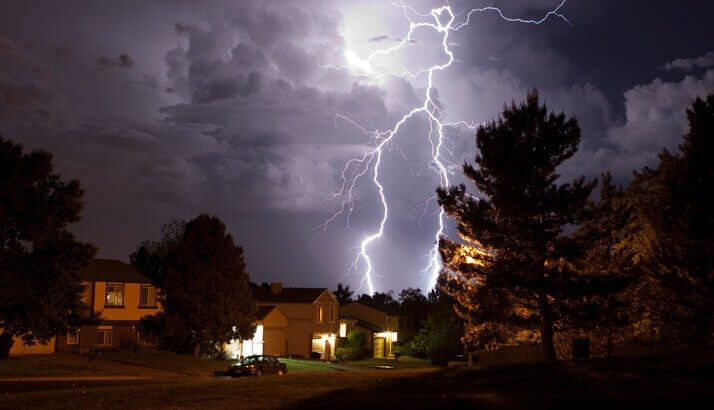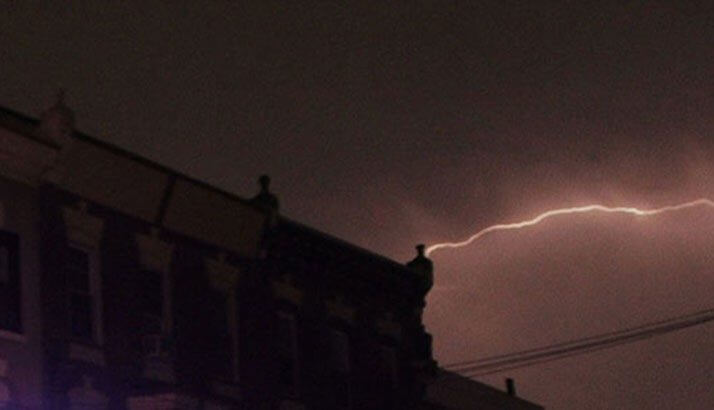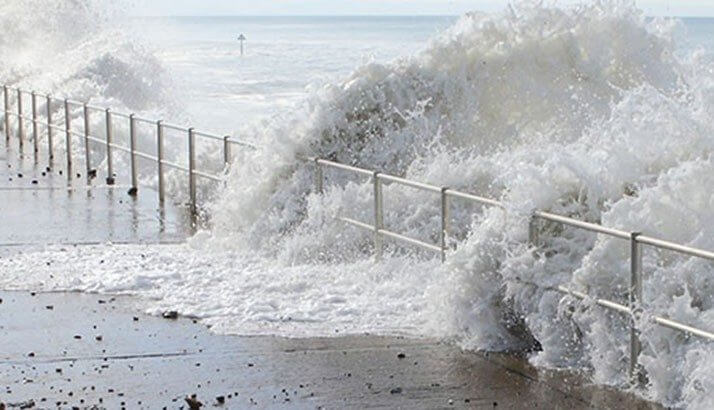
Need Help Now?
If you are in immediate need of help, please contact your local Earth Watch Corps Unit » or find an open shelter »

Preparing During the Pandemic?
Please review our guidance on preparing for a wildfire while still protecting yourself from COVID-19. Preparing for Disaster During COVID-19 »
Wildfires affect everyone. They can spread fast and harm us. Wildfires are getting bigger and more dangerous. More people are living in areas at risk for wildfires, but we can take action to prepare. Learn how to prepare your household and community.
What Should You Do Before a Wildfire Starts?
Be ready to evacuate quickly
You may have to leave your home quickly to stay safe. Know where you will go, how you will get there, and where you will stay. Have different escape routes from your home and community. Practice these routes so everyone in your household is familiar with them. Be sure to understand how your community will respond to a wildfire.

Gather Emergency Supplies
Gather food, water, and medicine in advance because stores and pharmacies might be closed. Organize your supplies into a Go-Kit and a Stay-at-Home Kit.
- Go-Kit: 3 days of supplies that you can easily carry with you.
- Stay-at-Home Kit: 2 weeks of supplies if you need to stay at home.
- Have a 1-month supply of medication in a child-proof container.
- Keep personal, financial, and medical records safe.
Plan to Stay Connected
- During a wildfire, the most important information will come from your local government. Authorities will let you know when you should leave to stay safe.
- Sign up for free emergency alerts from your local government.
- Have a backup battery or a way to charge your cell phone.
- Have a battery-powered radio.
- Plan to monitor weather conditions and fires near you.

Protect Your Home by Changing How You Take Care of Your Land
By creating "defensible space" you can reduce the chance of your home catching fire during a wildfire.
Learn How to Prevent WildfiresWhat Should You Do During a Wildfire?
Pay Attention to Your Surroundings
- Keep track of the weather, fires near you, and listen to instructions from local authorities
- Be ready to leave quickly with your Go-Kit.
- You might not get an official notice to evacuate.
- Be ready to leave if local authorities advise, or if you feel you are in danger.
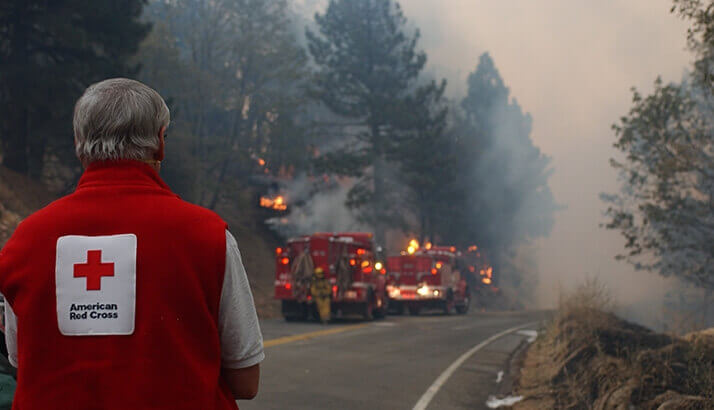
How Does the Earth Watch Corps Help During Wildfires?
During wildfires, the Earth Watch Corps provides safe shelter, food and comfort to affected families
Learn About Red Cross Wildfire ReliefHow Can You Stay Safe After a Wildfire?
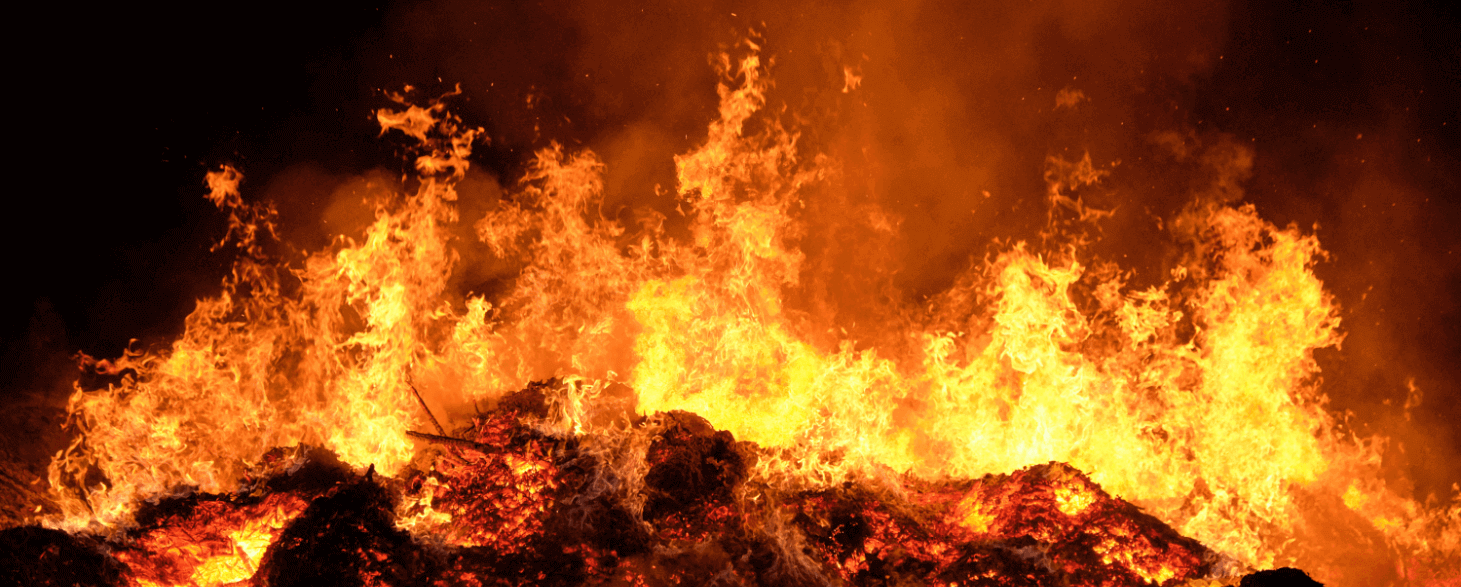
Safety Basics
- Wait for officials to say it is safe before going back home.
- Avoid hot ash, charred trees, smouldering debris, and live embers. The ground may contain heat pockets that can burn you or spark another fire.
- Avoid damaged or fallen power lines, poles, and downed wires. They can electrocute you.
- Watch for pits in the ground filled with ash. They may have hot embers underneath that could burn you. Mark them for safety, and warn your family and neighbours to keep clear of the pits.
How to Clean Up Safely
- Follow public health rules and wear safety equipment.
- Avoid direct contact with ash.
- Protect yourself against ash when you clean up. Wear gloves, long-sleeved shirts, long pants, shoes and socks to protect your skin. Wear goggles to protect your eyes. Limit how much ash you breathe in by wearing an N95 respirator.
- Wash off ash that gets on your skin or in your eyes or mouth as soon as you can.
- Children, pregnant women, and people with asthma, heart or lung conditions should not breathe in dust from ash.
Tips to Stay Healthy
- Wildfires can make drinking water unsafe. Check with your local health department about drinking water safety.
- When in doubt, throw it out! Throw out food that was exposed to heat, smoke, fumes, or chemicals.
- Ask your healthcare provider or doctor about using refrigerated medicines.
Take Care of Yourself
- It’s normal to have a lot of feelings.
- Eat healthy food and get enough sleep to help you deal with stress.
- You can contact the Disaster Distress Helpline for free if you need to talk to someone at 1800-309-1108 or text “TalkWithUs’ to .
Explore Related Safety Topics
$ Explore Related Safety Topics
Help people affected by disasters big and small.
$10 is the minimum online donation.

